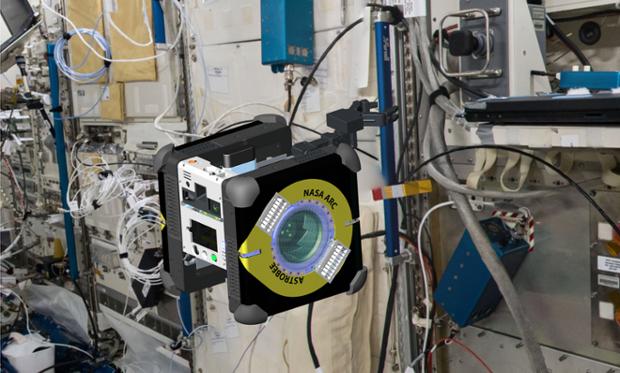Steven Pinker claims that will speed up progress.
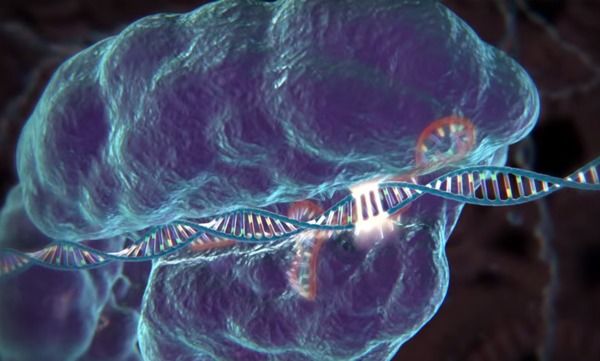

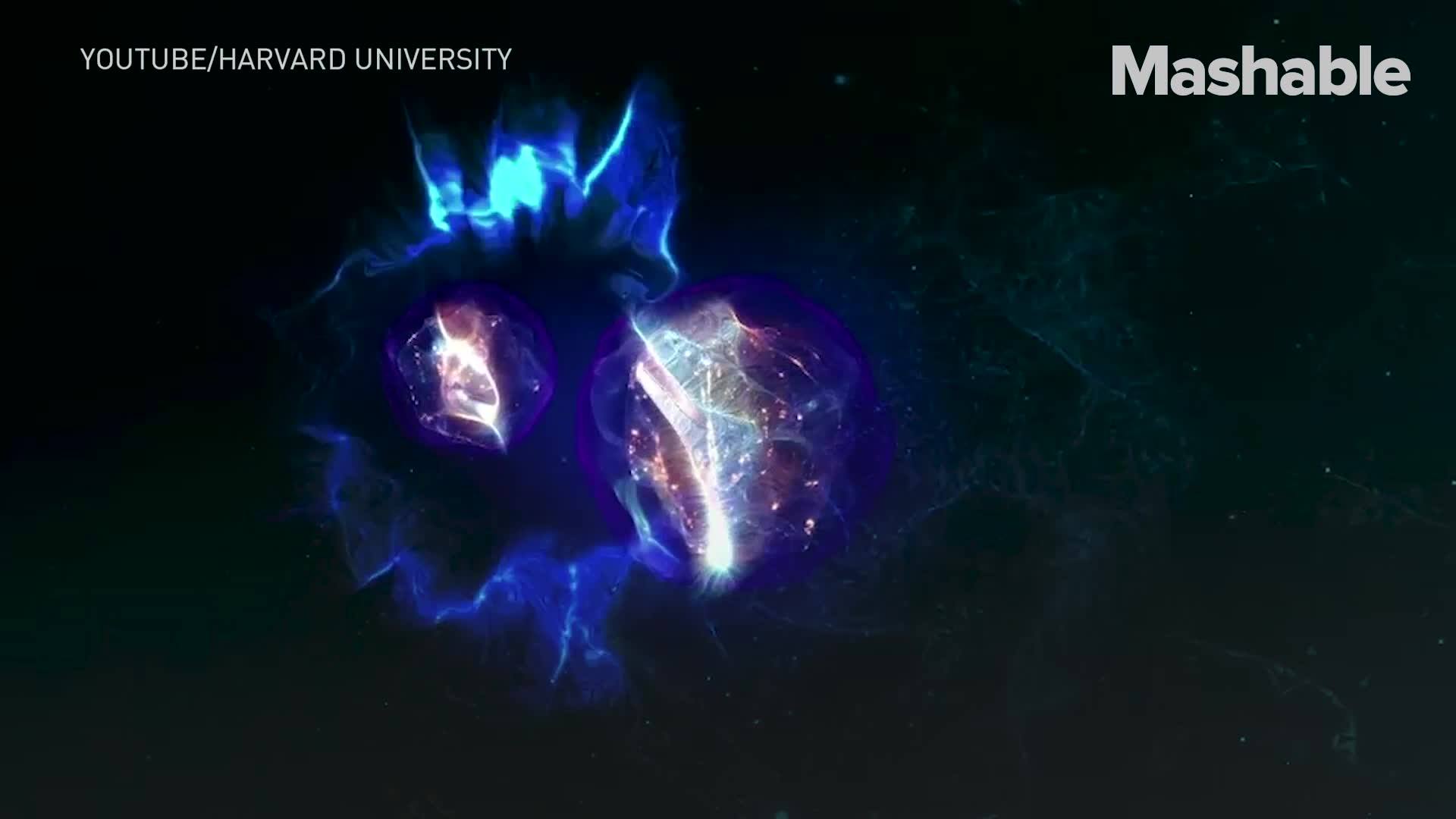


If climate change, nuclear weapons or Donald Trump don’t kill us first, there’s always artificial intelligence just waiting in the wings. It’s been a long time worry that when AI gains a certain level of autonomy it will see no use for humans or even perceive them as a threat. A new study by Google’s DeepMind lab may or may not ease those fears.
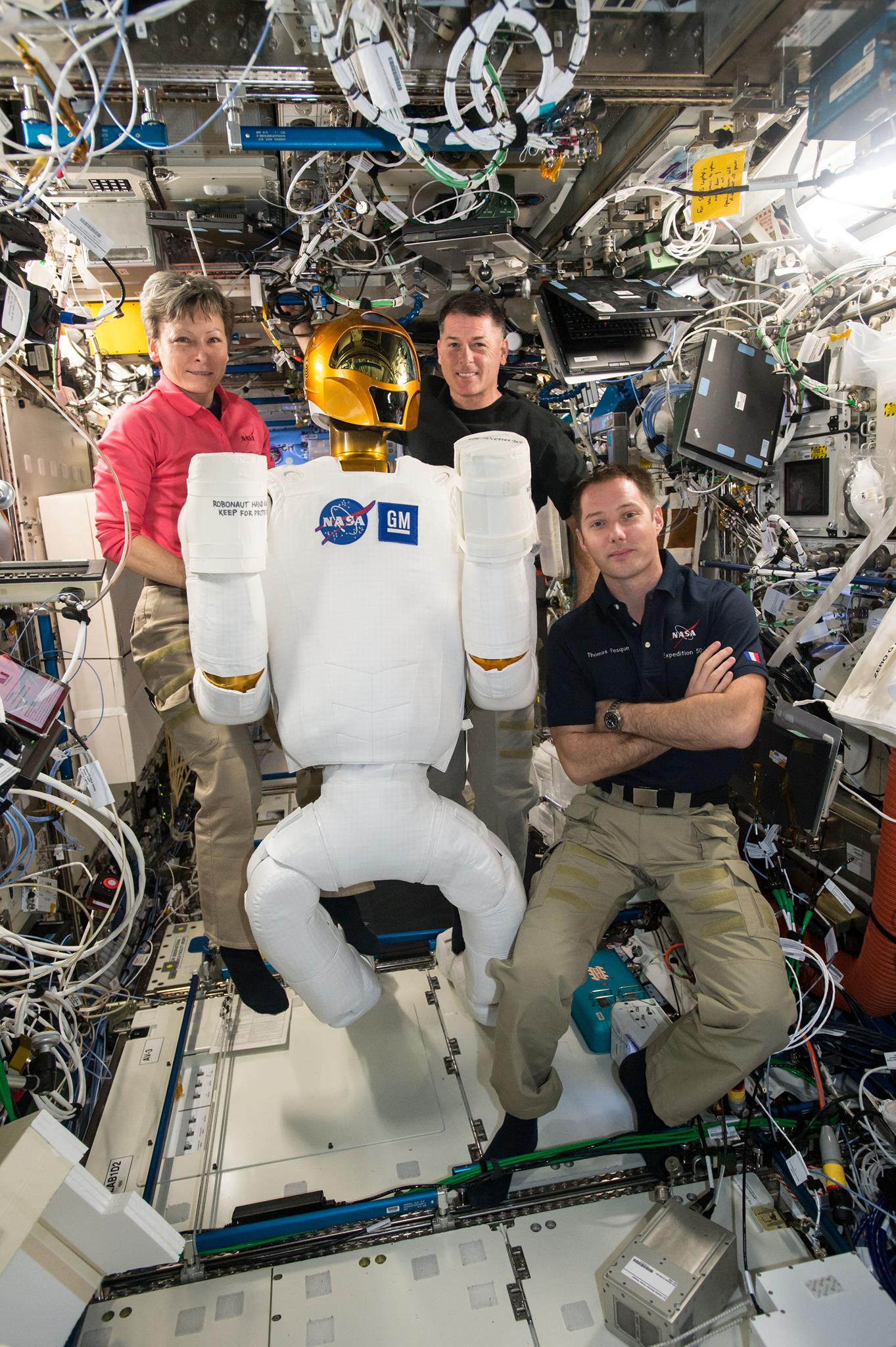
Such research could lead to methods of controlling advance-scouting rovers on asteroids, moons, or planets from nearby orbit. All this and more in a recap of science on the Space Station. Details: http://go.nasa.gov/2lBDZrq
Posthumanists and perhaps especially transhumanists tend to downplay the value conflicts that are likely to emerge in the wake of a rapidly changing technoscientific landscape. What follows are six questions and scenarios that are designed to focus thinking by drawing together several tendencies that are not normally related to each other but which nevertheless provide the basis for future value conflicts.

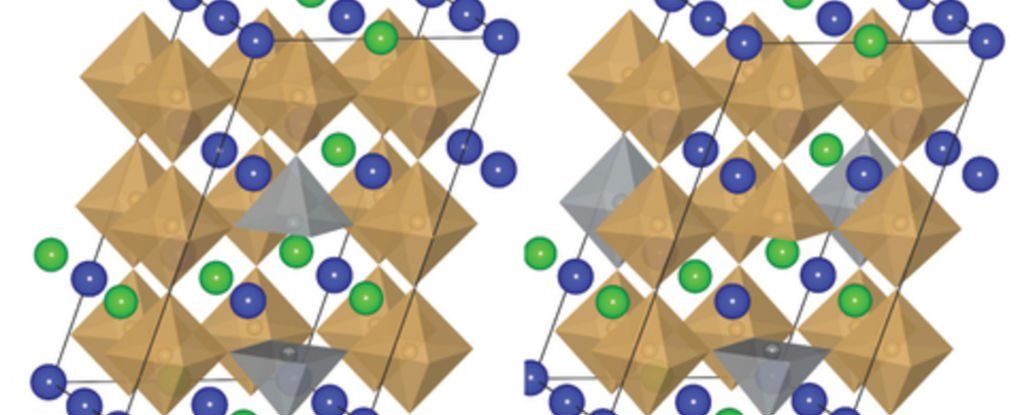
Scientists have discovered that a certain type of mineral has the right properties to extract energy from multiple sources at the same time — turning solar, heat, and kinetic energy into electricity.
The mineral is a type of perovskite — a family of minerals with a specific crystal structure — and this is the first time researchers have identified one that can convert energy from all three sources at room temperature.
Since the first perovskite solar cell was invented back in 2009, these minerals have been positioned as the ‘next big thing’ in renewable energy technology.
